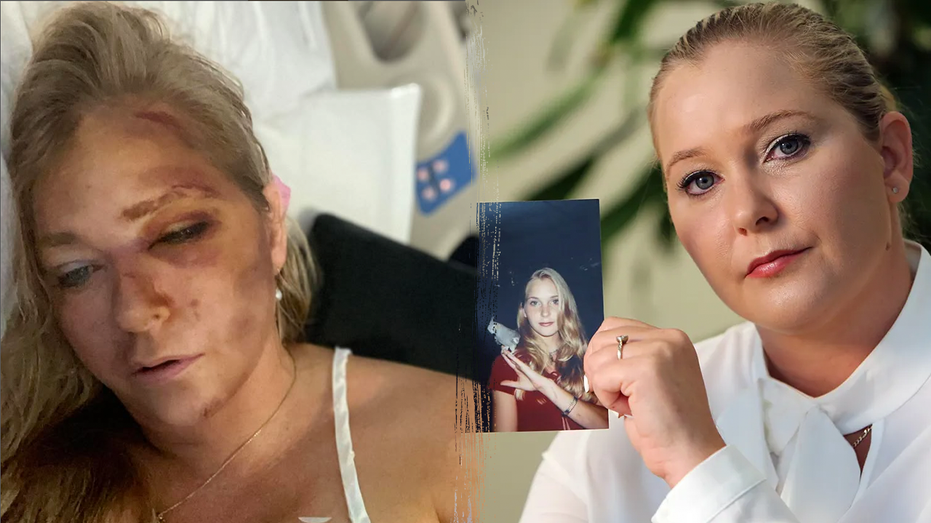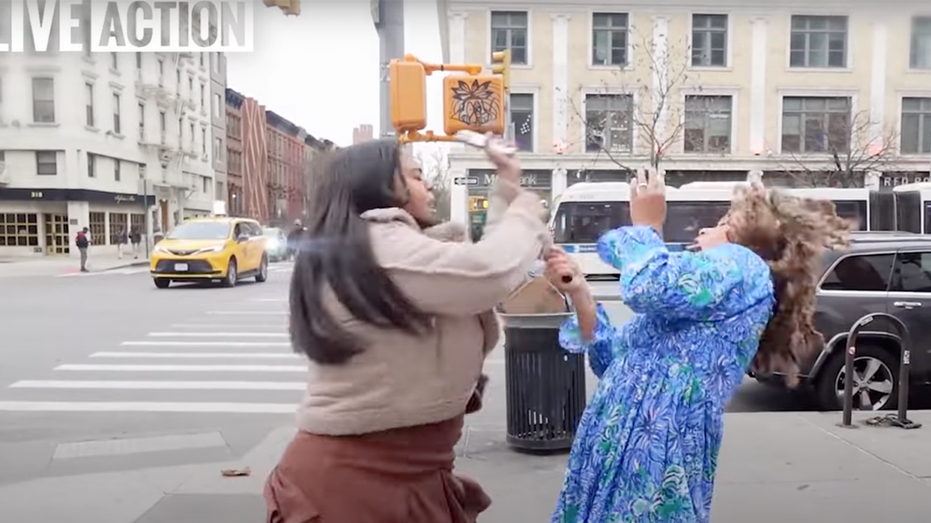- by foxnews
- 05 Apr 2025
This is what they never told you about online privacy
Understanding the language of the internet can help you protect your personal information from bad actors. Kurt "CyberGuy" Knutsson explains.
- by foxnews
- 24 Feb 2025
- in technology

Learning these concepts will equip you to navigate the internet more securely.
A hidden internet below the surface
Beneath the familiar internet you browse every day lies the Dark Web, a concealed layer of the internet that isn't indexed by search engines like Google and requires specialized software, such as the Tor browser, to access.
If you want to safeguard your personal information from being bought, sold or leaked on the Dark Web, consider using identity monitoring services that scan underground forums and databases for exposed data.
Securing your digital world, one byte at a time
Ever wonder how your online banking info stays safe? That's thanks to encryption, a process that scrambles your data into a secret code so only authorized people (or devices) can read it.
Proving you're human online
Have you ever had to click on pictures of traffic lights or type in wavy letters before logging onto a website? That's a CAPTCHA, a simple test designed to tell humans and bots apart.
Websites use CAPTCHAs to block automated programs (like spambots) from accessing accounts, submitting fake forms or posting junk. The name stands for "Completely Automated Public Turing test to tell Computers and Humans Apart."
While some CAPTCHAs ask you to solve puzzles, newer versions just check if your mouse movements look human. So next time you prove you're "not a robot," you're actually helping protect the internet.
From Monty Python to malware: The evolution of spam
Who sees what? Mastering email copies
Believe it or not, you may already know what the nicknames for these tech terms come from. If you've ever sent an email, you've probably seen CC and BCC. But what are they for?
CC stands for "carbon copy," a throwback to the days of typewriters when carbon paper made duplicate copies. In email, it means sending a copy of your message to someone so they can stay informed. Everyone can see who's been CC'd, making it great for keeping people in the loop without needing them to respond.
BCC stands for "blind carbon copy." It's like CC but private. Recipients in the BCC field get the email, but their names and addresses aren't visible to others. This is handy for group emails where you want to protect privacy or avoid a reply-all storm.
Follow Kurt on his social channels
Answers to the most asked CyberGuy questions:
New from Kurt:
Copyright 2025 CyberGuy.com. All rights reserved.
- by foxnews
- descember 09, 2016
Excavation near site where Jesus was crucified and buried results in ancient discovery
Proof of ancient olive trees and grapevines, consistent with a Bible verse, has been found at the Church of the Holy Sepulchre in Jerusalem, an archaeologist confirms.
read more





